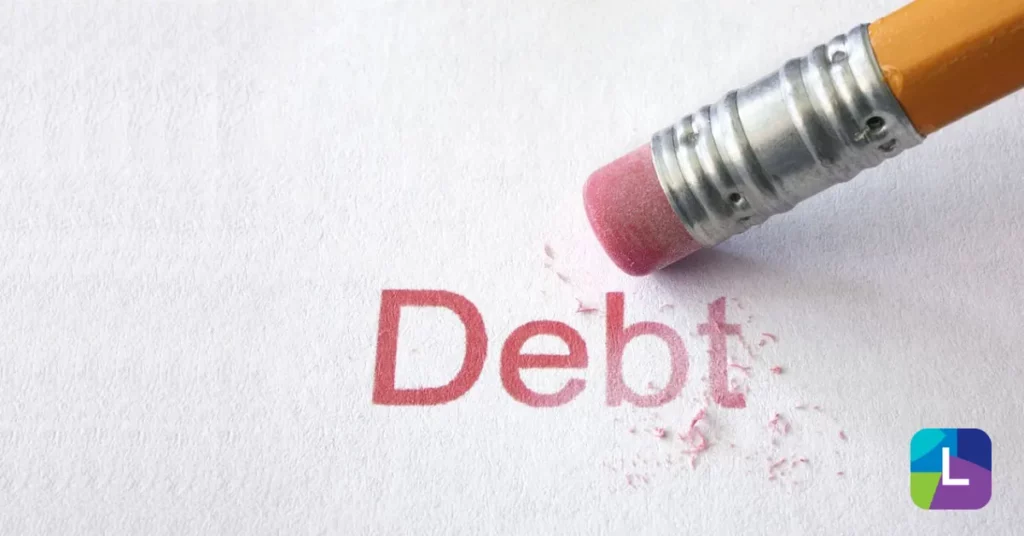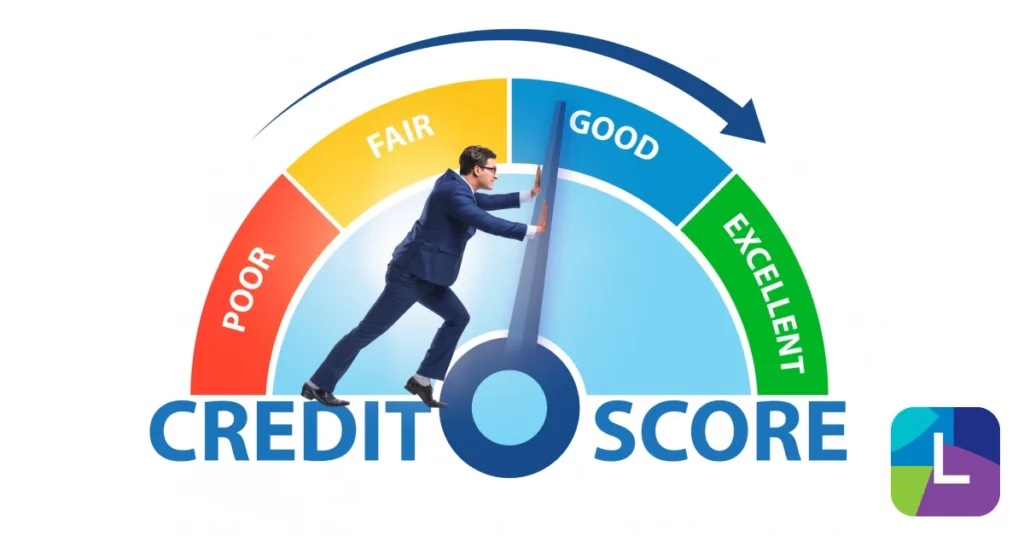How To Build Up Your Credit Score
You can boost your credit score and increase your chances of being accepted for credit. For example, registering to vote to avoid applying for many loan applications.
Below we will focus on the benefits of improving your credit, how is your score calculated, ways to build it up and how long it takes.
Benefits of improving your credit score
By improving your score, you will be likely to
- Be offered a lower interest rate
- Offered a higher credit limit
- Quickly approved for loans such as credit cards, mortgages, phone contract
How is your score calculated?
The credit reference agencies calculate your score using a point system based on your credit report. Your credit score is a 3-digit number that indicates how reliable you are at borrowing and making repayments.
The point system helps understand the factors that can harm your score, and these factors include;
- History of missed or late payments
- Going over your credit limit
- Holding joint accounts with someone with poor credit
- Applying for too many credits in a short period of time
- Frequently withdrawing cash with your credit card
- Bankruptcy
- County Court Judgement (CCJs)
- Not being on the electoral register
- Inaccurate information
How to build your credit score
Register to vote
Your first step should be to ensure you have been registered on the electoral register. Lenders will use this to check your name, address and previous addresses. Lenders will also use this information to confirm these details to validate who you are before offering credit.
By not being registered, you can either cause a delay in your application or result in your application being rejected.
Prove creditworthiness
You can prove your creditworthiness in a number of ways. If you haven’t borrowed money before, it can be difficult for a lender to judge how likely you will be to repay.
One way is to have bills such as phone contracts, broadband, and tv services in your name and make sure those payments are paid on time with no delay.
The second way is to purposely take out a small debt. You can do this through an arranged overdraft or a credit building credit card with a low limit.
Pay on time
Lenders want to know if you are reliable to make your contractual repayments. A missed payment will most likely negatively impact your credit score. However, it will be your history of repayments in the previous 12-24 months which will be the most important. If you have missed payments but have since been reliable, your credit score will not be as affected as you think.
Stay within your credit limit
If you are spending near or over your credit limit every month, you are giving the impression you are struggling with your finances or you have bad money management. Experts have suggested you should aim to spend no more than one-third of your credit limit at any given time.
Avoid multiple credit applications
By applying for many credit applications within a short period of time, you are showing lenders you are financially struggling. If you want to compare rates, you could ask the lender for a quotation search instead of a credit application search.
You can also use a market search website such as Uswitch or MoneySuperMarket to look at and compare various credit cards.
Avoid joint account
It is tempting to join accounts with your partner (or parents) to help get receive a loan. However, applying for joint credit with them is a bad idea if they have poor credit – this will negatively impact your credit score.
Instead, you may want to ask that person to try and improve their credit score before looking to take a loan.
How long does it take to build your credit score?
Building and improving your credit score can take time – there is no definitive period. For example, it could take a few weeks for your electoral register to appear on your report or years for any late payments removed.
This won’t happen overnight, but the more you focus on improving your credit, the quicker you will see progress and when the time is right, apply for reliable credit.
This blog is not intended to be financial advice about how to improve your credit score. Lendwise Ltd will not be at fault if there is a negative change to your score created by your accounts or by a 3rd party action.
If you are struggling to deal with debt or have financial issues, please seek independent financial advice before doing anything which can affect your finances, financial security, and your credit score.




